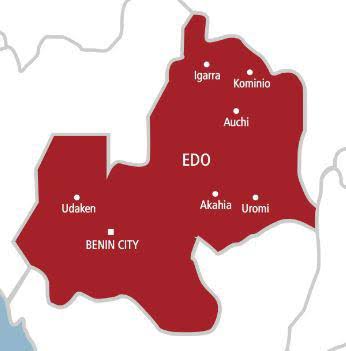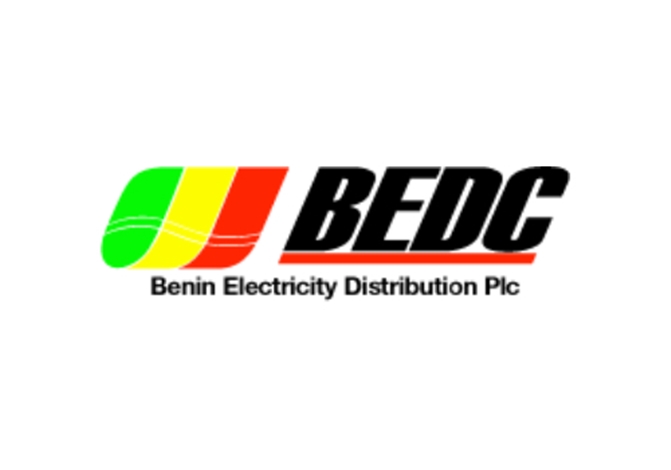Paul Okojie
In recent years, the West African region has been undergoing significant political and economic transformations. Among the most striking developments is the formation of the Sahel States by Burkina Faso, Niger, and Mali a few days ago. This new alliance has led to the gradual collapse of the Economic Community of West African States (ECOWAS), an organization that has long been a cornerstone of regional cooperation and stability in West Africa for almost 50 years.
ECOWAS was officially established in 1975, with aims to foster economic integration and collective self-sufficiency among its member states. Over the decades, it expanded its mandate to include peacekeeping and political stability, playing a crucial role in mediating conflicts and promoting democracy in the region. ECOWAS has been instrumental in addressing crises in countries like Liberia, Sierra Leone, and The Gambia, earning a reputation as a vital regional body.
The Rise of the Confederate Sahel States alliance between Burkina Faso, Niger, and Mali, dubbed the Sahel States, emerged as a response to shared challenges and a sense of marginalization within ECOWAS. These countries face severe security threats from Islamist militant groups, climate change impacts, and economic hardships. The inability of ECOWAS to effectively address these issues, coupled with perceived dominance by larger economies like Nigeria and Ghana, spurred the formation of this new bloc.
However, there some key factors behind the collapse which can be viewed as genuine by other regional bloc.
- Security Concerns: The Sahel region has become a hotspot for terrorism and insurgency, with groups like Boko Haram, Al-Qaeda in the Islamic Maghreb (AQIM), and the Islamic State in the Greater Sahara (ISGS) wreaking havoc. ECOWAS’s efforts to combat these threats have been seen as insufficient and poorly coordinated. The Sahel States have thus taken security into their own hands, prioritizing military cooperation and intelligence sharing.
- Economic Disparities: ECOWAS’s economic integration efforts have not evenly benefited all member states. Burkina Faso, Niger, and Mali, among the poorest in the region, have struggled to see significant economic growth and development. The creation of the Sahel States is partly driven by the desire for tailored economic policies that address their specific needs, such as improved infrastructure and trade routes.
- Political Instability: Frequent coups and political instability in the Sahel region have further strained relations within ECOWAS. The bloc’s mixed responses to these political upheavals have led to disillusionment and a loss of faith in its ability to support democratic governance and stability. The Sahel States are seeking a more pragmatic approach to governance that prioritizes stability over democratic norms.
- Climate Change: The Sahel region is one of the most vulnerable to climate change, facing desertification, erratic rainfall, and food insecurity. ECOWAS’s regional strategies have not sufficiently addressed these environmental challenges. The Sahel States aim to implement more focused and cooperative climate adaptation strategies that are better suited to their specific conditions.
The Implications of ECOWAS’s Collapse could have far-reaching effects for West Africa. The weakening of this once-strong regional body may lead to a rise in unilateral actions by member states, undermining collective security and economic initiatives. It could also embolden insurgent groups, who might exploit the lack of a unified regional response to their terror activities.

On the economic front, the collapse of ECOWAS might hinder regional trade and investment, as new alliances and trade routes are established. The Sahel States’ emphasis on security and economic self-sufficiency may shift focus away from broader regional integration efforts.
The formation of the Sahel States by Burkina Faso, Niger, and Mali marks a significant shift in West Africa’s geopolitical landscape. While driven by legitimate security, economic, and political concerns, this new alliance has contributed to the collapse of ECOWAS, raising questions about the future of regional cooperation. As the Sahel States forge their path, the rest of West Africa must navigate the challenges and opportunities presented by this new era of regional dynamics.






Great article, extremely informative. John Creath.
Hey people!!!!!
Good mood and good luck to everyone!!!!!